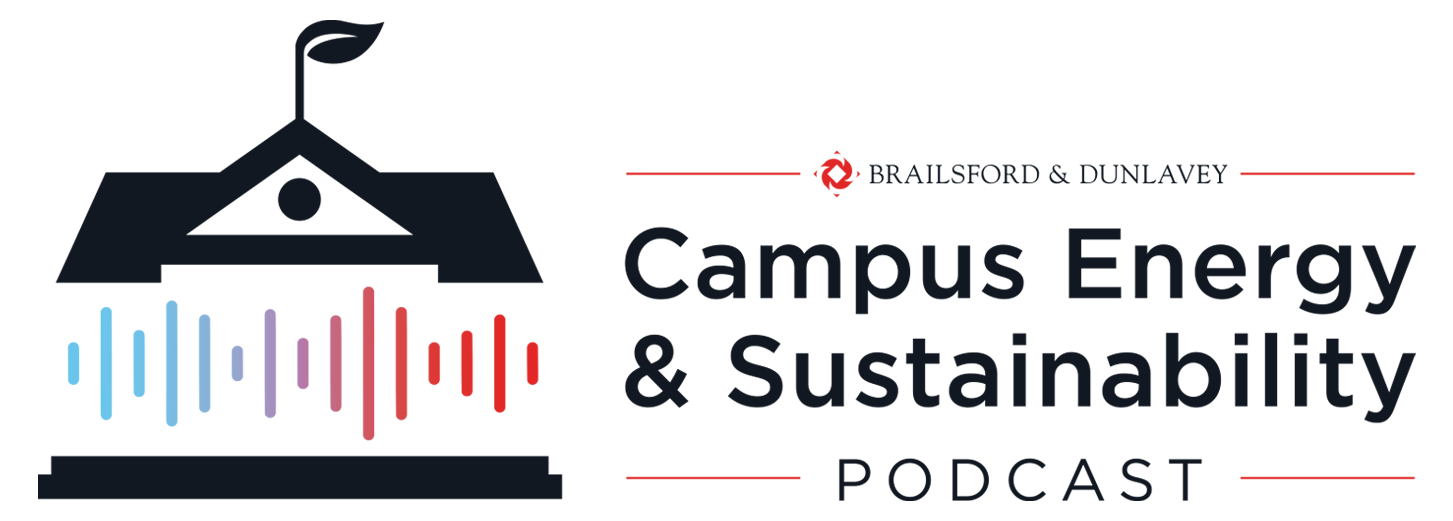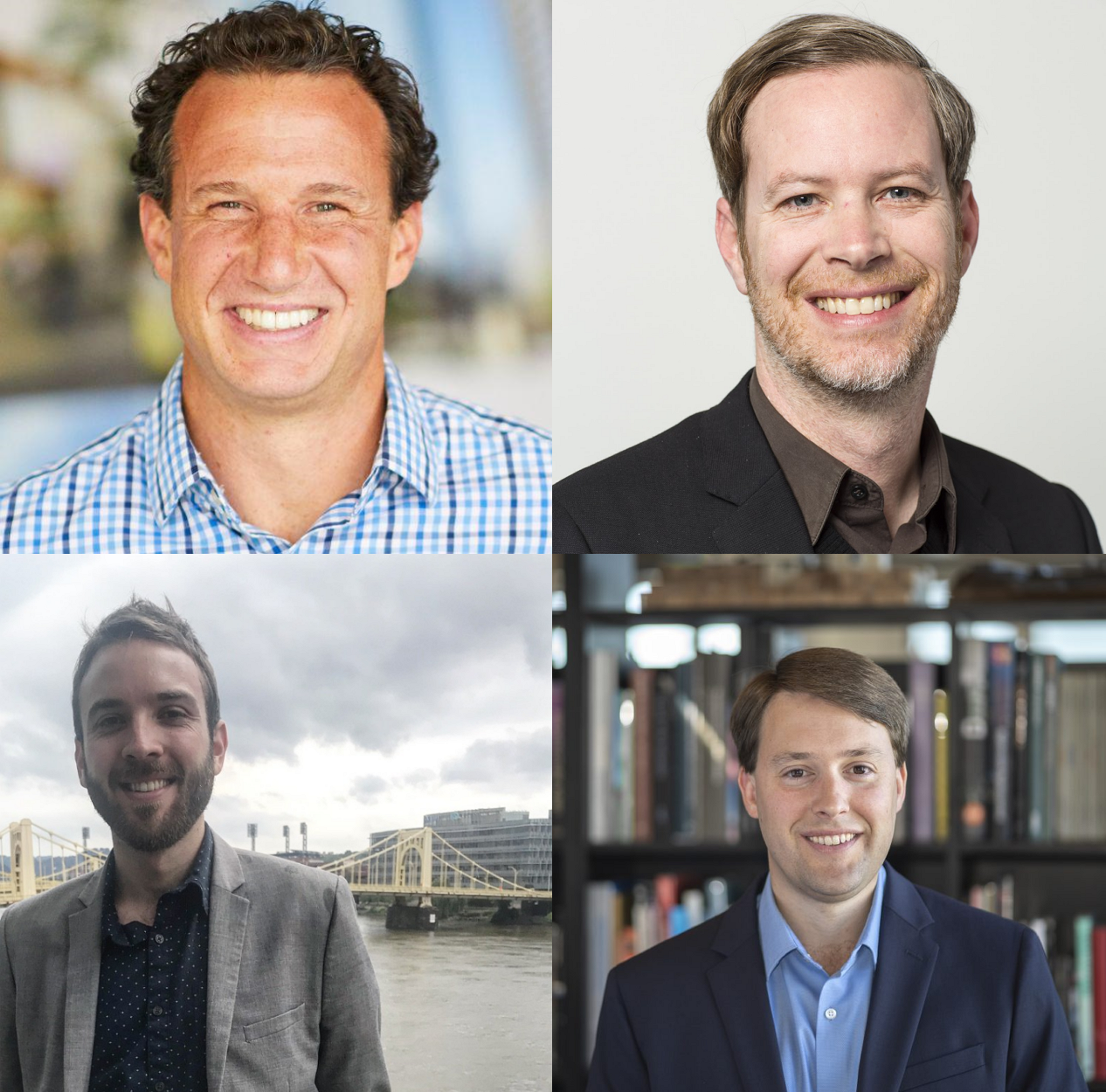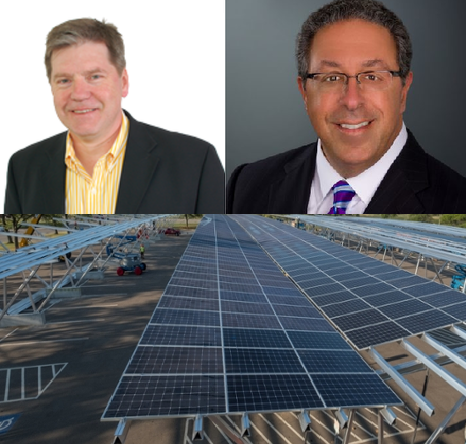Episode 17: Designing a Sustainable Future: Intersections of Energy, Buildings & Engagement at the University of Washington
Devin Kleiner (left), Chris Meek (right)
Kyle McDermott (left), Chris Hellstern (right)
Guests:
Devin Kleiner
Senior Project Architect, Senior Associate
Perkins+Will
Chris Meek
Associate Professor of Architecture
University of Washington
Kyle McDermott
Campus Sustainability Fund Coordinator
University of Washington
Chris Hellstern
Living Building Challenge Services Director
The Miller Hull Partnership
Host: Dave Karlsgodt
Principal, Fovea, LLC
In this episode you will hear a live recording made during the 2019 Washington Oregon Higher Education Sustainability conference on the campus of the University of Washington. The session was entitled: “Building a Sustainable Future: Intersections of Energy, Infrastructure, Student and Community Engagement in Campus Design with Global Reach.” We discuss two new cutting-edge buildings on the University of Washington campus. We also talk about how students were able to affect the design and sustainability features incorporated into these buildings through engagement and through funding provided by the Campus Sustainability Fund, a program funded through student fees.
University of Washington, Life Sciences Building
Photo by Kevin Scott
University of Washington, Population Health Building
The Miller Hull Partnership
Population Health Building
Episode Transcript:
The following is an automated transcription of this episode which will include errors and omissions. You can listen and follow along with the text here:https://otter.ai/s/ik1fgloCTwOymxuJEj_BMA
You can find a text-only version of the transcript here:







